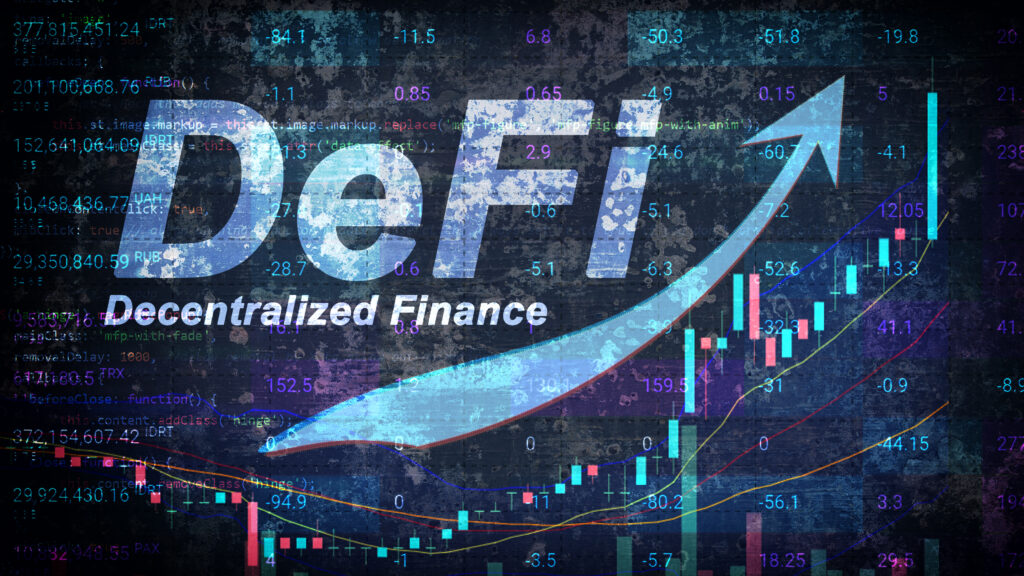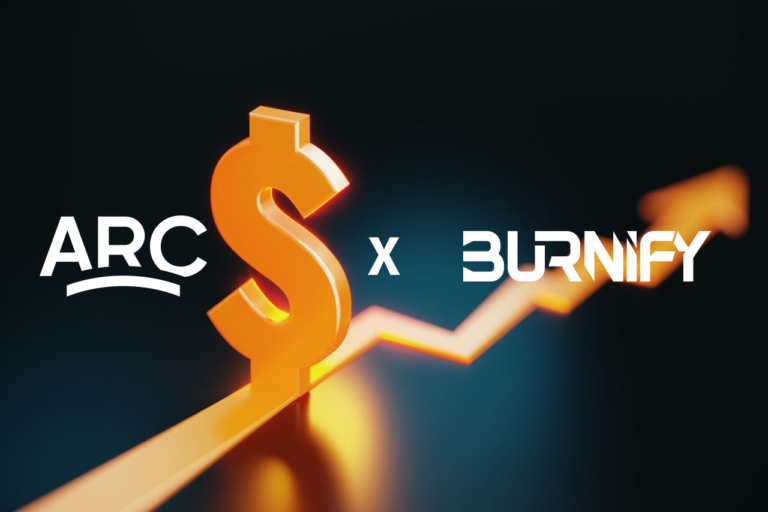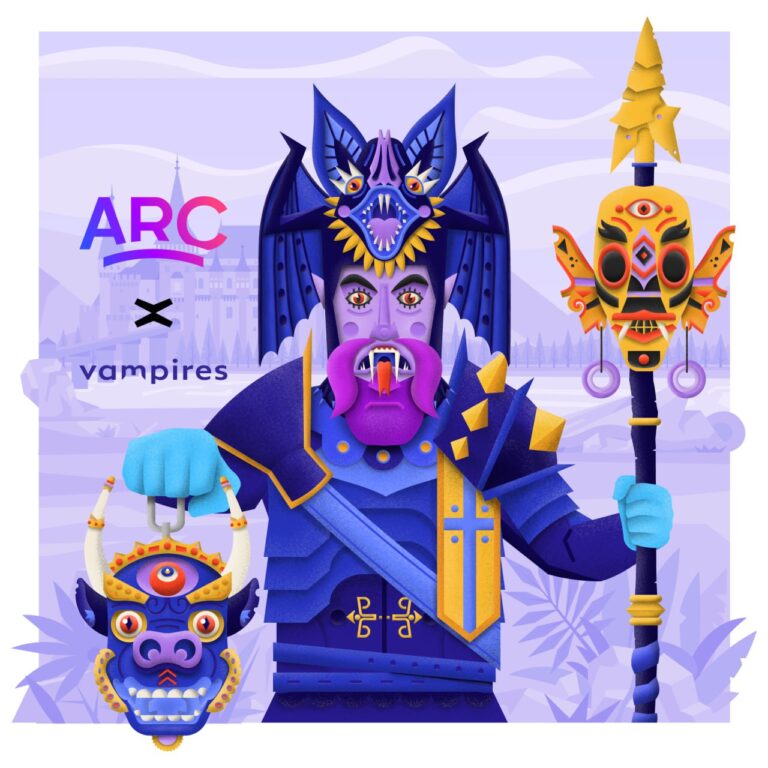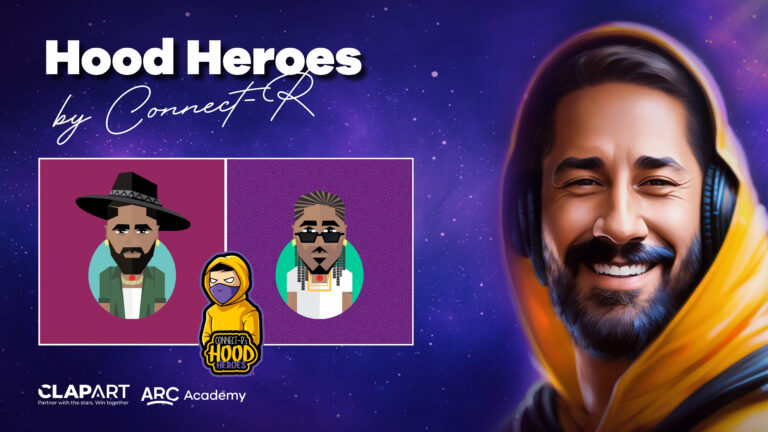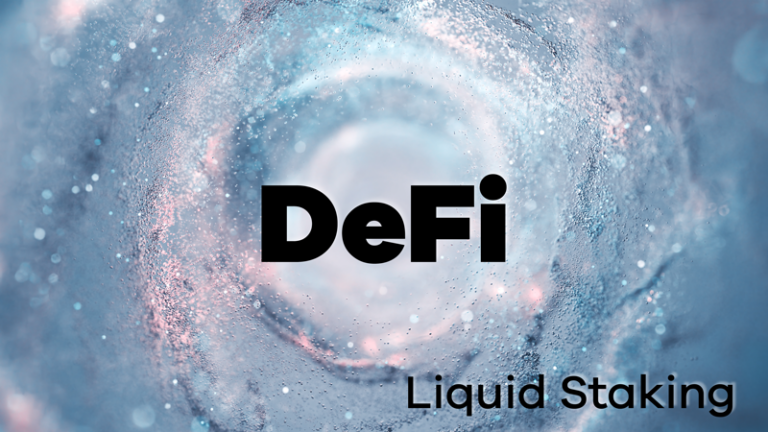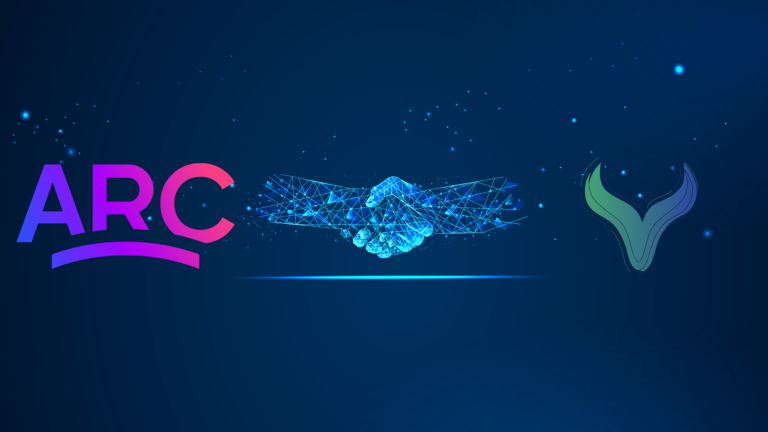DeFi platforms vs. traditional finance
Decentralized finance, commonly referred to as “DeFi”, is a category of finance based on blockchain technology, which doesn’t focus on central financial intermediaries (e.g. banks, brokerages), but on smart contracts. Transactions are directly initiated between users and are mediated by these smart contracts. Smart contracts run by using open-source software, which is built and maintained by a community of developers.
DeFi is an internet connected financial system, which assures ownership, control and visibility over one’s assets, accessibility to the global market, and it’s holded by its own users. DeFi depends and is based on decentralized applications (dApps), which allow users to interact with the blockchain through a digital wallet.
Investing in a dApp requires the following safety measures:
- make sure that the platform is secure and well-audited
- check if it has reasonable transaction fees
- verify that the blockchain is not controlled by a small group of people
- it’s desirable for the dApps to have shared codes.
The functions of the DeFi platforms are especially lending and borrowing funds between users, price speculation using derivatives, cryptocurrency trading, and swapping. They usually include decentralized exchanges, stable coins, prediction markets, and lending platforms. DeFi lending permits users to lend out cryptocurrency and earn interest, which is typically higher than with traditional banks. Usually, the condition to take a DeFi loan is to provide collateral with crypto assets. By example, users can offer NFTs as collateral.
Being in the DeFi space means that you hold your money, you control all the transactions concerning that money, that transactions are processed in seconds or minutes and are anonymous. The platform is transparent and available to anyone who has an internet connection and the markets are constantly open.
Traditional finance means that the money is held by institutions, transactions can take many hours and even days and are always connected to your identity. In order to benefit from financial products and services, you must first apply and you don’t have access to internal information, such as the loan history. The markets are frequently closed, because employees need to rest from time to time.
The disadvantages of the DeFi platforms:
- blockchain transactions are irreversible
- coding errors and hacks can occur
- are characterized by the lack of a customer support department
- crypto assets used as collateral may decline in value.
Elrond DeFi 2.0
Elrond DeFi 2.0 is a set of financial products and services, which will be available to anyone who uses Elrond network and thus has an internet connection. It will address the main problems of the existing platforms. These products and services will be accessible to anyone, anytime, and anywhere, regardless of fixed business hours or offices with different locations. Some of the autonomous services included in it are swapping, staking, crypto lending, liquidity mining and launchpads.
In the DeFi Era, the main revolutionary tools provided by the Elrond network are the Maiar mobile app, the smart accounts, the meta-transactions, NFTs, ESDTs, and DNS.
The Elrond DeFi 2.0 modules contain the following innovative functions:
- 𝐄𝐒𝐃𝐓 𝐒𝐭𝐚𝐛𝐥𝐞𝐜𝐨𝐢𝐧𝐬 – Including USD, EUR, CHF, SEK, NOK, DKK, and other algorithmic stablecoins, the Elrond blockchain connects two worlds: traditional and digital.
- 𝐄𝐥𝐫𝐨𝐧𝐝 𝐍𝐅𝐓 𝐒𝐭𝐚𝐧𝐝𝐚𝐫𝐝 – This provides true ownership for digital media objects and ensures an extraordinary power of cultural expression, at insignificant costs!
- 𝐄𝐥𝐫𝐨𝐧𝐝 𝐋𝐚𝐮𝐧𝐜𝐡𝐩𝐚𝐝 – Enables new projects to bring the most innovative and creative ideas to market, being funded and launched directly within the Elrond ecosystem!
- 𝐄𝐥𝐫𝐨𝐧𝐝 𝐒𝐰𝐚𝐩 – Elrond will soon have its own AMM, enabling near-instant & inexpensive swapping between any assets.
- 𝐄𝐥𝐫𝐨𝐧𝐝 𝐋𝐞𝐧𝐝𝐢𝐧𝐠 – Borrowers will be automatically matched with lenders, which ensures quick access to liquidity and yields for lending capital.
- 𝐄𝐥𝐫𝐨𝐧𝐝 𝐒𝐲𝐧𝐭𝐡𝐞𝐭𝐢𝐜𝐬 – This module provides digitization, fractional ownership and granularity, easy transferability, depth of liquidity, global distribution and accessibility.
- 𝐄𝐥𝐫𝐨𝐧𝐝 𝐁𝐫𝐢𝐝𝐠𝐞𝐬 – The Elrond blockchain is flexible, being connected to several blockchains, and so you’ll be able to own and transfer wrapped Bitcoin, Ethereum, or any other tokens from other chains!

